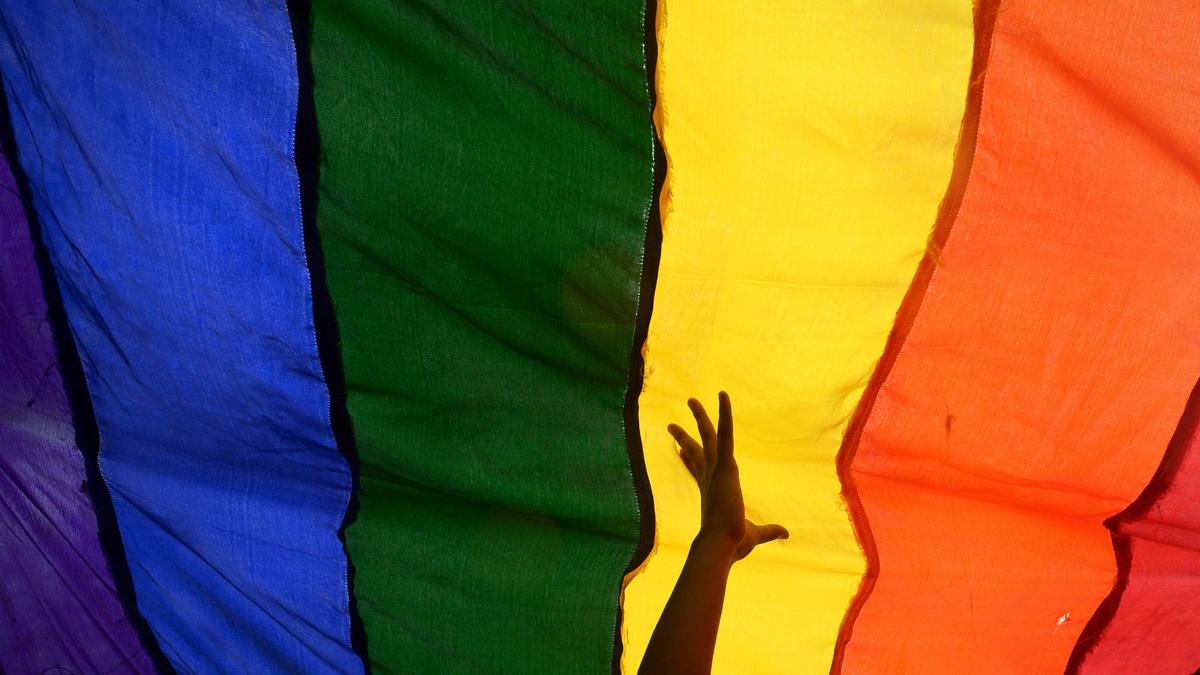
Transwomen in India face discrimination, stigma, contributing to their mental health struggles: study
The Hindu
Study reveals ongoing stigma, discrimination, and violence against transwomen in India, impacting mental health significantly, urging interventions and awareness.
Despite the passage of The Transgender Persons (Protection of Rights) Act, in 2019, multiple Supreme Court and High Court judgements as well as protection provided by some State governments, transwomen in India continue to face stigma, discrimination and violence, deeply impacting their mental health, a new study has found.
The exploratory study, conducted by researchers from The George Institute for Global Health along with global collaborators, used focused group discussions and in-depth interviews with 30 transwoman in Kolkata to gather data, as per a press release. Three types of stigma were looked at: self-directed (internal), discrimination, violence and hatred directed towards them by others, mostly cis-gender persons (interpersonal stigma) and discrimination faced at the level of institutional arrangements (structural stigma). The study, by Sandhya Kanaka Yatirajula et al, was published in the journal Wellcome Open Research.
The study found that stigma begins early in life, within families where transwomen are often rejected, leading to a loss of self-esteem. In schools, bullying and harassment force many to drop out, leaving them without education or stable employment. Many transwomen are therefore left with limited options, often turning to begging or sex work to survive. The study participants also faced harassment at the hands of the police and from hospital staff, making them reluctant to approach law enforcement officials for help and seek treatment from health providers for their physical as well as mental health concerns.
One of the ways in which participants were able to come to terms with their identity was through connecting with other transwomen. Some participants spoke of support groups (community) that helped them to build a sense of identity, confidence and empowerment, which has enabled many transwomen to discover themselves and stand up for their rights.
Study participants who were members of a hijragharana in the past spoke of the benefits associated with being a member, related to old age security -- when the guru becomes old, the chelas look after their guru. But these participants also spoke of the existence of a hierarchy within the gharana based on differential power. Hijras higher up in the hierarchy have certain privileges including being paid a share of the earnings. Both these were identified as sources of mental stress for those lower in the hierarchy. Giving up a share of their earnings meant that the chelas are left with meagre portion of their earnings after a hard day’s work in the sun and on the streets.
When it came to society and public spaces, transwomen who were part of the study said they felt that society did not accept them, and they were subjected to discrimination in many places. Discrimination in public transportation was common. Stigma also manifested itself in ways such as lack of basic facilities for transgender people in public places (no separate toilets, no dedicated beds in hospitals). It also manifested itself in the way in which people working in public institutions responded to transwomen and the perceptions that these providers had of transwomen. The transwomen in the study mentioned that the police did not treat them with respect and even harassed them. The police would not be willing to register complaints brought to them by the transwomen and would believe that transwomen themselves were the ones at fault.
Healthcare discrimination also emerged as a major issue. Mistreatment by hospital staff and lack of understanding from healthcare providers discouraged many transwomen from seeking medical help. As a result, their physical and mental health needs often go unmet, the study found. These experiences take a significant toll on mental well-being, contributing to high rates of depression, anxiety, and suicidal thoughts among transwomen.

The Karnataka government has drafted a comprehensive master plan for the integrated development of Kukke Subrahmanya temple, the State’s highest revenue-generating temple managed by the Hindu Religious Institutions and Charitable Endowments Department. The redevelopment initiative is estimated to cost around ₹254 crore and aims to enhance infrastructure and facilities for devotees.












